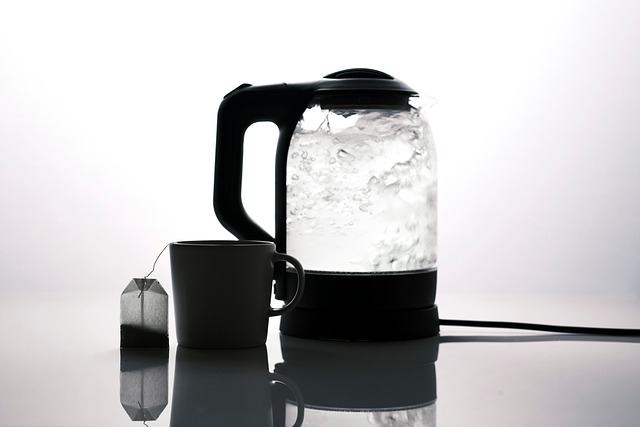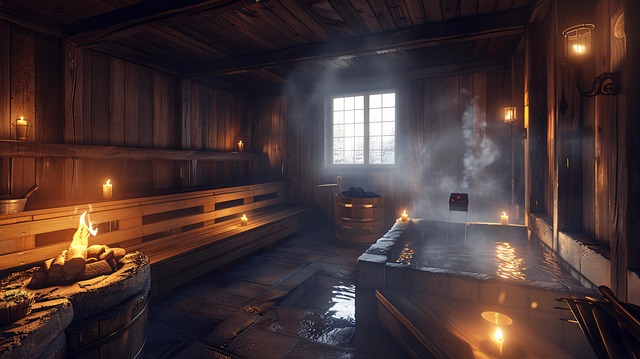Selecting a water heater requires balancing household energy needs with efficiency and size. Larger families need more substantial heaters for frequent hot water use, while smaller homes can opt for energy-efficient models. Tankless heaters offer on-demand heating but may struggle during peak demand, making hybrid systems ideal for larger homes. Matching the water heater's efficiency and size to your home ensures optimal performance, minimizes energy costs, and prevents future upgrades or repairs.
Choosing the right water heater is a crucial step in ensuring efficient energy usage and cost savings. When selecting a water heater, understanding your home’s size and energy needs is essential. This guide will walk you through the process of making an informed decision by considering two primary options: tank vs. tankless heaters. Additionally, we’ll explore efficiency standards and the importance of matching the right size to your household demands, ensuring optimal performance and minimizing waste.
- Understand Home Energy Needs
- Choose Between Tank and Tankless Heaters
- Consider Efficiency and Size Matching
Understand Home Energy Needs

Understanding your home’s energy needs is a crucial step in selecting the right water heater for your property. Water heaters are one of the biggest energy consumers in many households, so choosing an appropriate size and type can significantly impact your utility bills. In terms of water heater selection, it’s not just about the number of bedrooms or square footage; you should also consider household habits and preferences. For instance, if your family enjoys long showers or frequently uses hot water for cooking and cleaning, a larger capacity heater might be necessary to meet these demands consistently without sacrificing performance.
On the other hand, smaller families or homes with less demand for hot water can opt for more energy-efficient models, potentially saving money in the long run. It’s important to assess your daily usage patterns, including the number of people using hot water simultaneously and the duration of its use throughout the day. This will help you determine the right size and capacity for a water heater selection that best suits your home’s energy requirements.
Choose Between Tank and Tankless Heaters

When selecting a water heater, homeowners often face a key decision: tank versus tankless. Tank heaters store hot water, maintaining a constant supply and are generally more affordable. However, they consume energy 24/7, leading to higher utility costs. On the other hand, tankless heaters heat water on demand, significantly reducing energy usage and saving money over time, but they may struggle to provide enough hot water during high-demand periods.
For larger homes with multiple occupants and multiple appliances using hot water simultaneously, tankless heaters might not be able to keep up. In such cases, a combination of both types—for example, a hybrid system—could offer the best balance: consistent hot water supply when needed, plus energy savings during periods of lower demand.
Consider Efficiency and Size Matching

When selecting a water heater, one crucial aspect is matching its efficiency and size to your home’s needs. Different water heaters have varying energy efficiencies, typically measured in percentages, indicating how effectively they convert fuel into heating your water. Higher efficiency ratings translate to lower energy costs over time. It’s important to consider not only the number of occupants in your home but also their hot water usage patterns—how often and for what purposes they heat water. A larger, more efficient water heater might be suitable for a family of four with regular showers and laundry needs, while a smaller, less energy-intensive model could suffice for a household with fewer members and lower hot water consumption.
To make an informed decision, assess your home’s size in square footage and the number of bedrooms and bathrooms. These factors influence the required heating capacity to meet your daily hot water demands. Water heaters come in various sizes, measured in gallons (or liters), ranging from compact models suitable for studios to larger ones designed for homes with higher hot water usage. Correctly sizing your water heater ensures optimal performance, minimizes energy waste, and prevents costly upgrades or repairs down the line.
